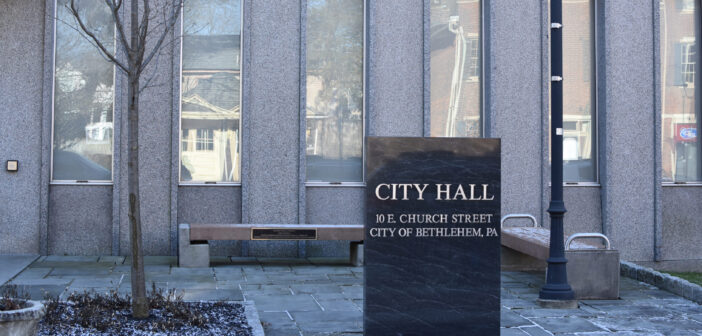The Pennsylvania House of Representatives proposed a bill that would provide funds to municipalities that have 15% or more of their total assessed value of property as tax-exempt.
According to Pennsylvania’s Constitution, a tax-exempt property does not pay real estate taxes because it does not derive a direct profit from their services. Examples include nonprofit, religious or government organizations.
State Rep. Robert Freeman, the prime sponsor of the bill, said funding would come from Pennsylvania’s 18% liquor tax, also known as the Johnstown Flood Tax.
Freeman said the roughly $400 million per year generated by the tax would be put into a Tax-exempt Property Municipal Assistance Fund and be distributed based on the percentage of tax-exempt properties within a municipality.
Freeman said the bill was rejected in previous years because the state needed to distribute revenue from the Liquor Tax to its budget, and the tax did not generate enough to properly fund the municipalities.
He said this year is different because the state has generated more revenue apart from the Liquor Tax since the COVID-19 pandemic, so its budget is not as dependent on it.
Because of this, he said the Johnstown Flood Tax is more likely to pass.
Freeman said he proposed the bill because he noticed a general rise in tax-exempt properties — the presence of which makes it difficult for cities to have the funds to provide essential services and have a fiscally stable community.
Freeman said Payments In Lieu of Taxes that some nonprofits voluntarily agree to pay to a municipality also do not generate enough revenue to make up for the exemptions.
He said the bill allows municipalities to decide how they would spend the money.
“It has to be used for legitimate municipal service…fire protection, police protection, code enforcement, keeping the streets clean, picking up garbage, all the things (municipalities) provided as an essential service,” Freeman said.
Out of the 2,500 municipalities across Pennsylvania, Freeman said around 600 of them would receive these benefits.
During his last calculation, he projected Bethlehem would receive $3 million, Allentown would receive $6 million, Easton would receive $1.8 million and the borough of Fountain Hill would receive close to $500,000 annually.
According to a Pennsylvania House press release, Freeman explained the funding formula: it would be based on the assessed value of those properties as if they were taxable. No municipality will receive more than 10% of the total fund.
Lehigh University is a nonprofit institution that is classified as a tax-exempt property, which means Lehigh doesn’t pay real estate taxes.
Erin Kintzer, director of real estate services, said the proposed bill will not affect Lehigh. However, it would affect the Bethlehem community, specifically the South Side.
She said Lehigh supports programs like SouthSide Ambassadors to make up for not paying taxes.
“The university is the No. 1 funder of the SouthSide Ambassadors program,” Kintzer said. “The university supported financially (and) significantly the improvements that are being made on New Street, on city sidewalks and things like that.”
Political science professor Karen Pooley said she supports the proposed bill because it can balance out economic disparities between communities with and without tax-exempt properties.
She said it would allow local leaders to funnel more money toward their individual priorities.
“If the current mayor has been talking a lot about what the city can do to invest in affordable housing, it would have more funds that it could put into any of those efforts,” Pooley said.






Comment policy
Comments posted to The Brown and White website are reviewed by a moderator before being approved. Incendiary speech or harassing language, including comments targeted at individuals, may be deemed unacceptable and not published. Spam and other soliciting will also be declined.
The Brown and White also reserves the right to not publish entirely anonymous comments.